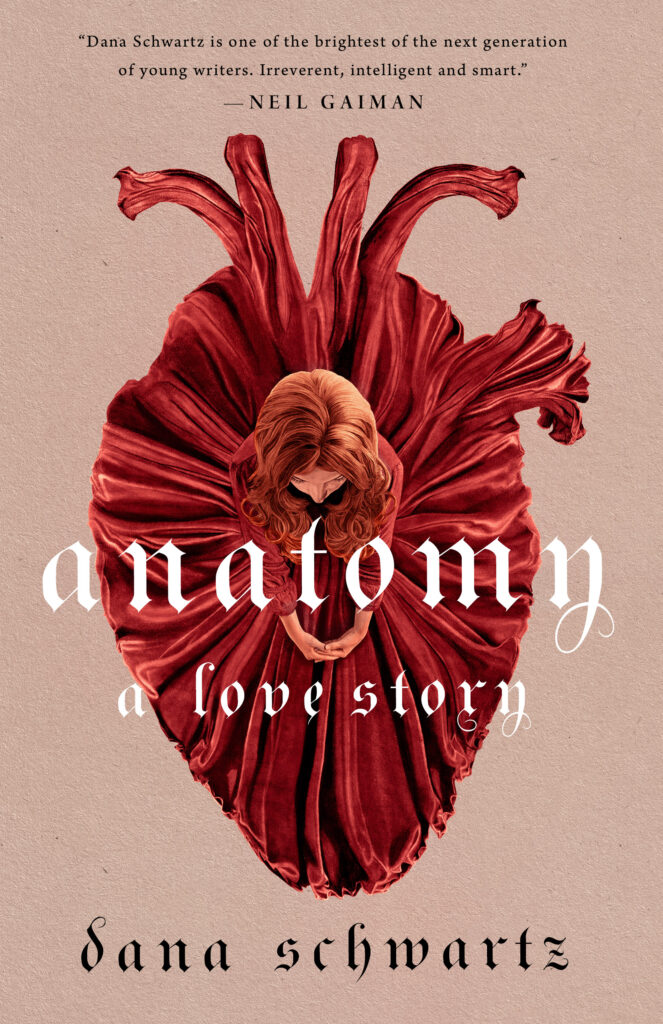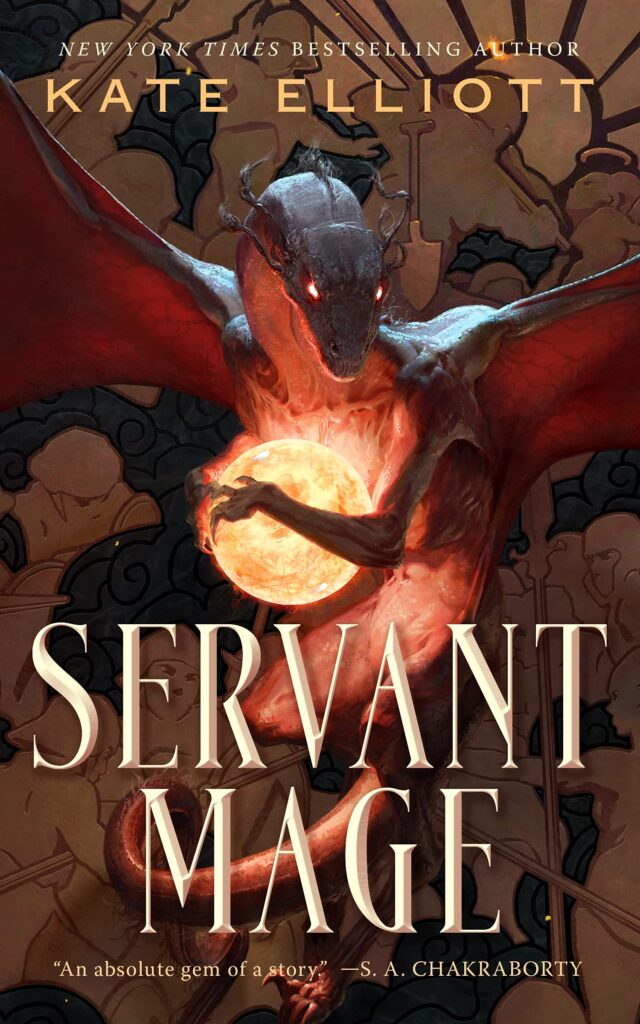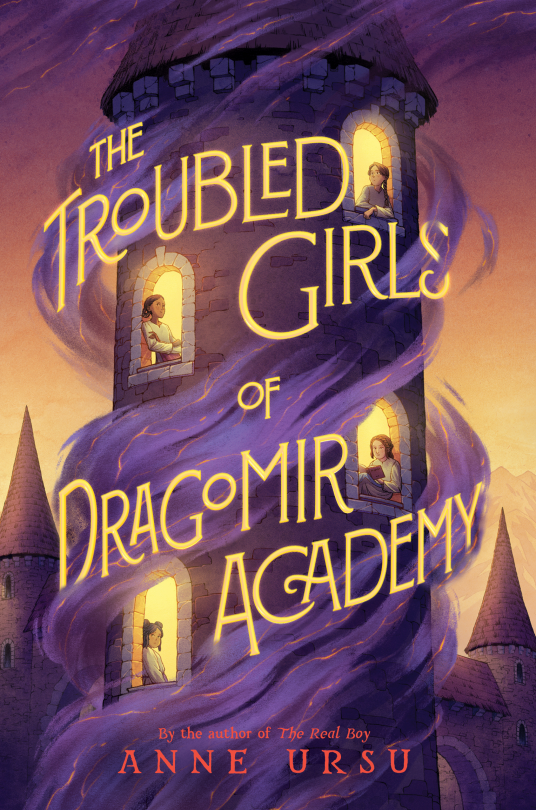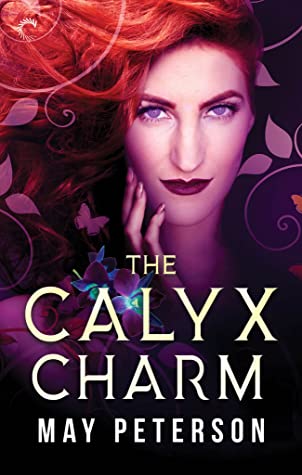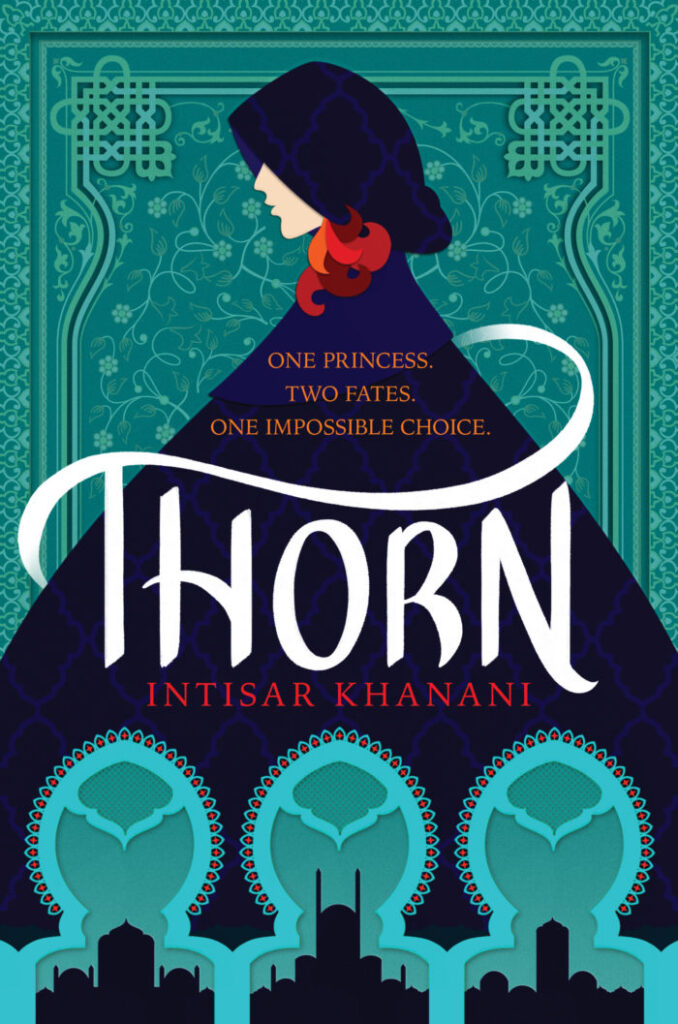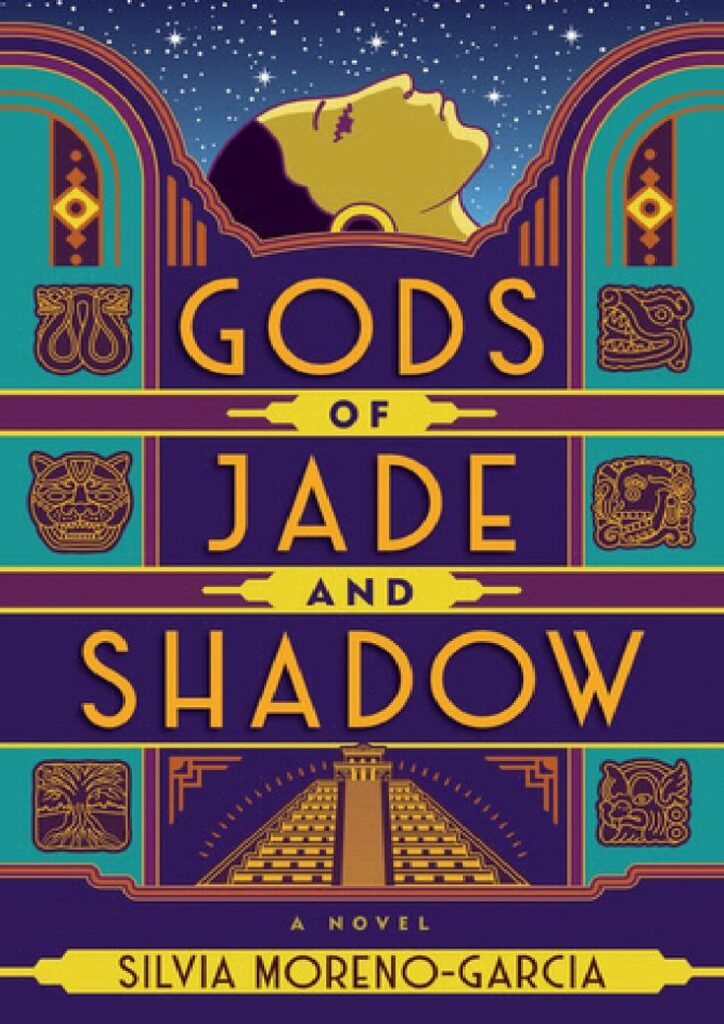
Genre: Contemporary fantasy
Audience: YA
Series?: Seemingly standalone, but fingers crossed!
Rating: Loved it!
For fans of: Encanto, Primal Animals Julia Lynn Rubin, Veronica Schanoes’s short fiction, The Troubled Girls of Dragomir Academy, primary source research, etymology, found family (both literal and metaphorical), antiquing
I don’t remember exactly how I came to have a review copy of From Dust, a Flame. I mean, I know it came from Netgalley, but I don’t remember requesting it. It was just on my Kindle one day, with its dark and foreboding romantic cover, and I once again dove into a book with no memory of the blurb.
I was pleasantly surprised to discover Rebecca Podos’s fourth book isn’t the Hunger Games-adjacent drama-and-action-and-drama fest the cover implies. (I love a dystopian YA, but it’s been, you know, a time, and I’m very tired.)
From Dust, a Flame by Rebecca Podos is a young adult contemporary Jewish fantasy novel about how trauma gets passed through generations of parents imperfectly protecting their children. Most of the action revolves around primary source research, most of the drama is familial, and the romantic subplot is sapphic. It’s what I call a “nice story”–not free from conflict or trauma, but thoughtful about how it portrays them and full of characters who are trying their best to do right by each other, even when they make mistakes.
The main character, Hannah Williams, will resonate with readers who recognized themselves in Encanto’s super strong, hyper capable Luisa (me; I bawled my eyes out). Even though Hannah and her family have not spent more than a year in the same district since she started school, Hannah is a perfect student. She sacrifices sleep, free time, hobbies, and friendships in order to maintain her perfect grades.
Hannah has this sense of herself as someone who isn’t naturally gifted in any way, and therefore has to strive four times as hard as her peers in order to earn the love that flows naturally to the rest of her family:
Nobody can help loving my brother, but I don’t need anyone to love me like that. I just need to be good enough that they can’t help but sit up and notice me … sometimes, it feels like no student-of-the-mother award or A++ essay or glowing teacher’s recommendation could make Mom pay me her full attention.
Hannah’s mother and older brother, Gabe, are eccentric, extroverted artist types. It’s Hannah’s mother’s wanderlust that keeps the family in constant motion along “a trail of borrowed houses that had been winding its way across the country for years.” It’s Gabe’s grew-up-too-fast emotional maturity that keeps them relatively peaceful anyway.
When Hannah’s mother was seventeen, she ran away from “a black farmhouse besieged on all sides by wildflowers.”
The night before Hannah’s seventeenth birthday, her mother gives her a silver pendant:
“A hamsa. It was from a friend of your grandmother’s … Someone who meant a lot to me growing up.”
… We’ve never met our grandmother on Mom’s side, never met any of her relatives. Mom rarely talks about the people or place she comes from, or anything that happened to her before [she met our deceased father]. I’ve never even seen a picture of her as a kid …
There are Stars of David engraved in the tip of each of the hamsa’s fingers. It’s the first time Hannah learns her mother’s family is Jewish–that she is Jewish.
What exactly that means is a recurring theme throughout From Dust, a Flame. As Hannah learns more about her family history, she meets Jewish people with a wide range of beliefs and practices, from atheists to mystics. Podos is clearly trying to balance Judaism for Goyim (“This is how we celebrate, this is how we mourn,” etc.) with more in-group-oriented discussions about Jewish identity.
Since I’m not Jewish, I can’t really say how well they pull it off, but I could tell how meaningful a project it was for her, and I am always won over by authorial earnestness.
The morning after Hannah opens the hamsa, she wakes up with “impossible golden eyes, and horizontal, knife-slit pupils.”
I was like “Hell yeah, werewolves,” but unfortunately this is not a werewolf book. When Hannah wakes up the next morning, the not-werewolf eyes are gone, and she has another animal feature. It’s a painless transformation that happens every night while she is asleep, and it’s only ever the one feature.
Gabe’s adamant about taking Hannah to a doctor. He’s a big fan of horror movies, so I don’t know why he would think that was a good idea, but his mother talks him out of it. She says she knows “a specialist” back home. She’ll go and find this person, Gabe and Hannah will stay alone in the apartment for two weeks at the most, and everything will be just fine.
Unsurprisingly, everything is not just fine. Their mother never returns, and Hannah ropes Gabe into going after her with only a mysterious piece of mail that arrived after her disappearance to guide them.
As I read about Hannah and Gabe digging through the layers of trauma and mistakes that formed them, I was really impressed by how Podos managed to craft such thorough and well-rounded arcs for so many characters in such a comparatively short book. Even when I disagreed with the choices characters made, I fully understood and empathized with the reasons they made them. It felt true to my experience of inherited trauma: Most people do the best they can to protect their children, but their scars get passed down anyway.
The only aspect of From Dust, a Flame that didn’t work for me was the way the final conflict was resolved. I liked the outcome, but I thought too much of the getting-there happened offscreen. It felt like it was geared toward a much younger audience than the seventeen-year-old protagonist would suggest.
Overall, though, I loved this quiet little book. At a time in my life where everything feels like it’s falling apart, I found the themes of grief and inherited trauma salient and comforting.
Plus, I cannot resist gay tryhards with mommy issues, and Podos gave me not one but four of them to love. I’m hoping she will also give me a sequel with Gabe as the protagonist because I love him and I want to see him thriving in college.
Disclosure
I received a free ARC from NetGalley in exchange for an honest review.
Can you do me a favor?
If you like this review, please like it on Goodreads and maybe follow me there.
More Info
Publisher: Balzer + Bray
Hardback Page Count: 416
Rebecca Podos won a Lambda Literary award for her second book, Like Water. You can find them on Goodreads and Twitter.
You can support your local independent bookstore by preordering From Dust, a Flame on Bookshop.org, or grab it on Amazon.
